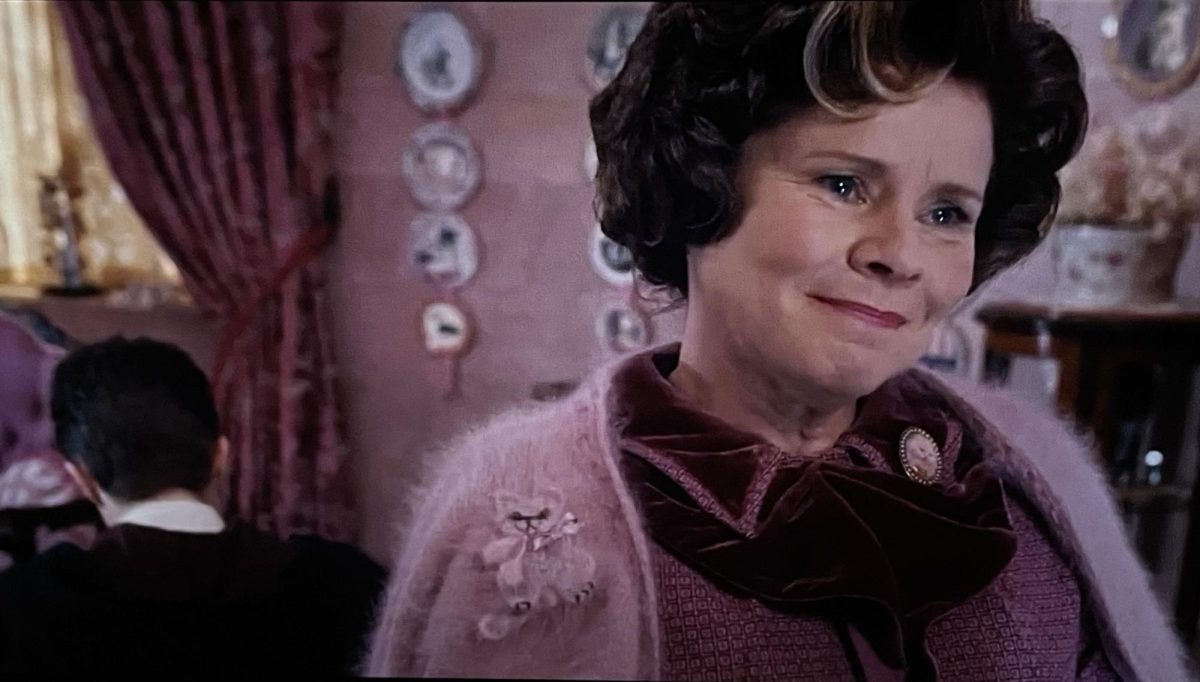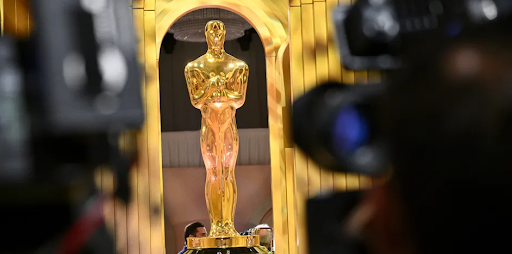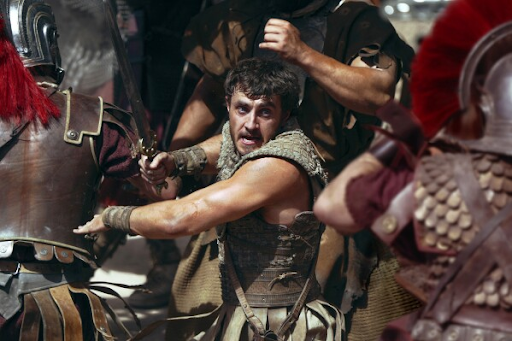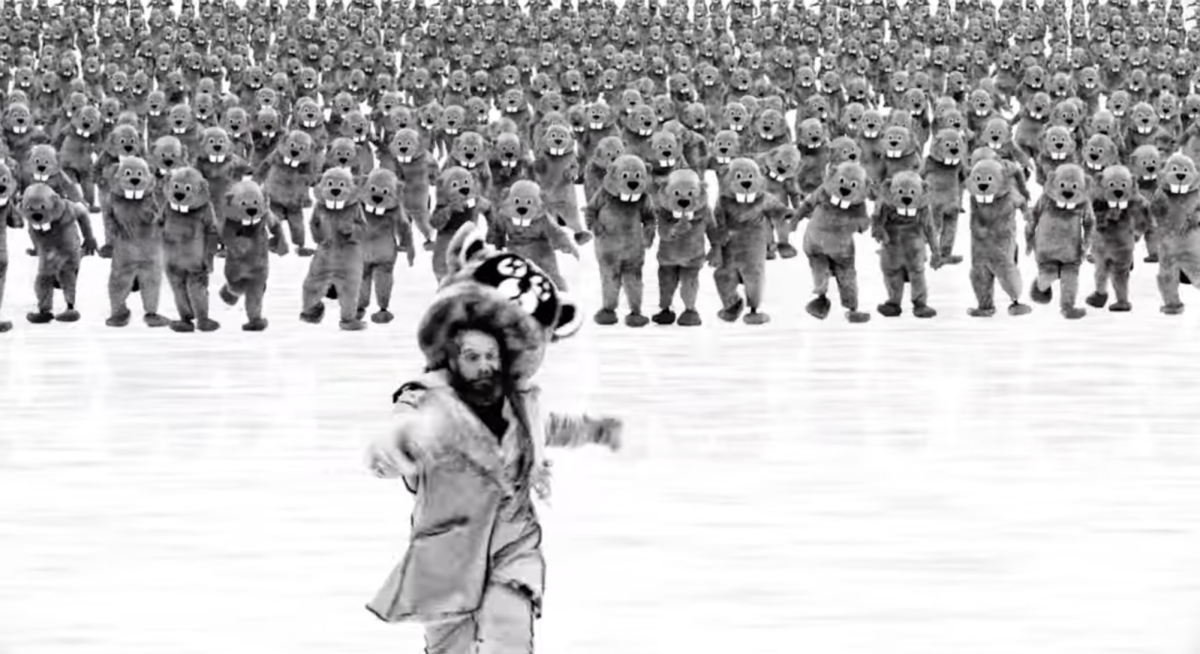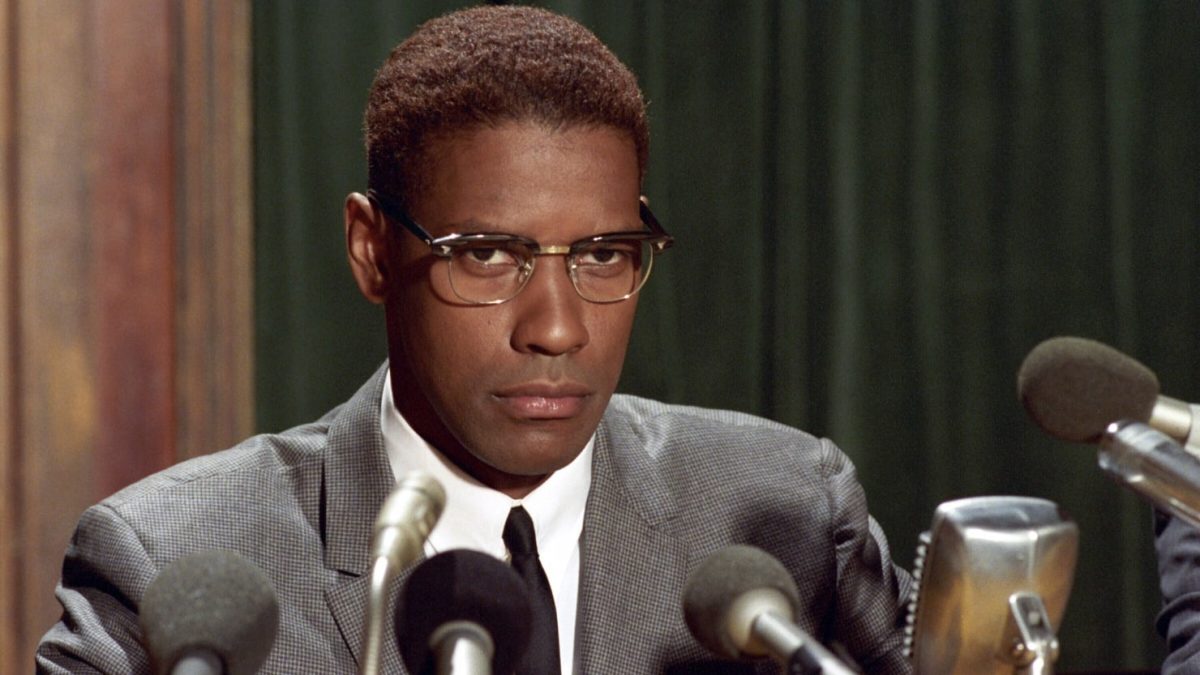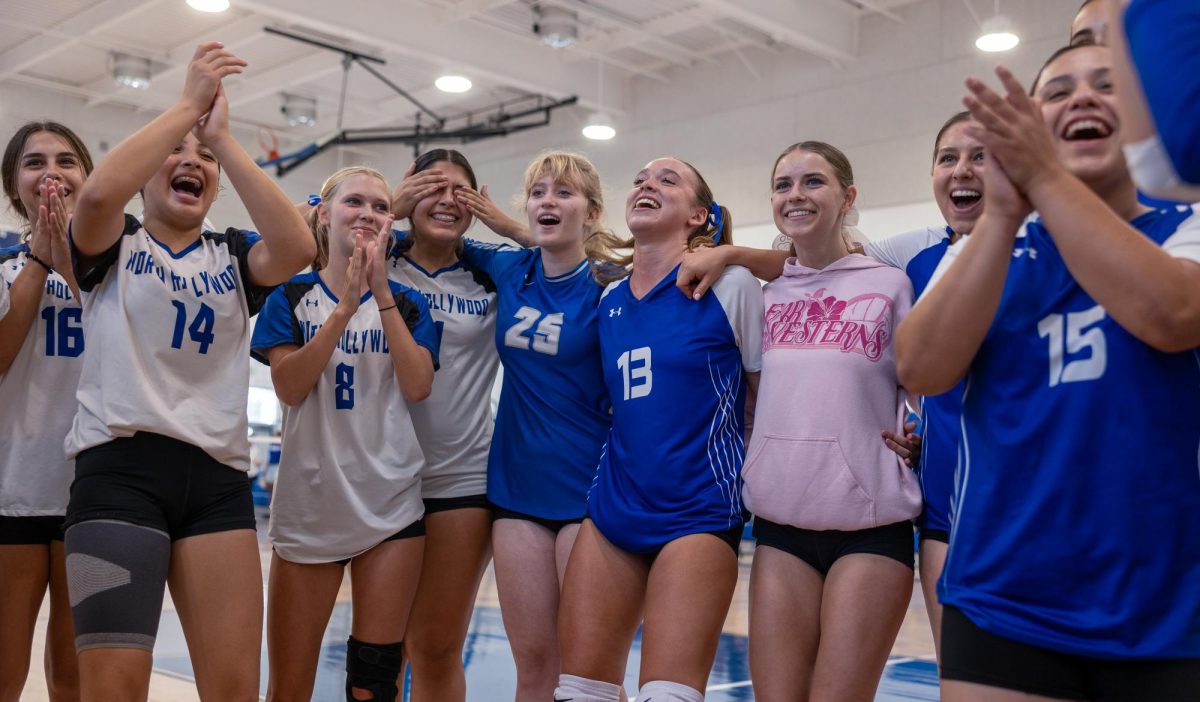In film and television, the line between performance and personality can blur to the point of confusion. Increasingly, audiences take what they see on screen far too seriously, attaching personal judgments to the actors behind the characters.
This results in everything from playful debates about fictional love triangles to outright harassment of actors for simply doing their jobs. The issue becomes even more dangerous when audiences forget that actors are reading from a script and it does not reflect who they are as an individual.
Ironically, the stronger audiences hate a character, the more it proves the actor has succeeded. Hatred toward actors often reflects the power of storytelling and the talent required to bring characters, whether beloved or despised, to life. Yet instead of being celebrated, these actors often find themselves the target of criticism that goes beyond fiction.
Some of the most convincing performances have sparked the harshest reactions, such as Gavin Casalegno, who plays Jeremiah from “The Summer I Turned Pretty.” Fans of the series often divide themselves between “Team Jeremiah” and “Team Conrad,” debating which of the two brothers is the better romantic match for the main character, Belly.
What starts as a discussion over loyalty, love, and which brother truly deserves her often turns personal. Online, hashtags like #TeamConrad or #TeamJeremiah quickly spirals into posts that criticize Casalegno himself. Comments accuse him of being “too soft” or “not loyal,” blurring the line between Jeremiah’s fictional choices and the actor’s real identity. Often leading to the audience attacking Casalegno for his opinions and actions made off screen.

When asked about her opinion on whether fans took the love triangle too seriously, Victoria Revekko, a SAS senior, stated “I don’t think so. This show is like a sport to people who go crazy for their teams. It’s exactly like that…The intensity is part of the fun.”
Furthermore, when asked if Casalengo received too much hate for his role Revekko continued, “Jeremiah gets too much hate as a character and as an actor…Some fans just completely hate him no matter what, which is wrong to me.”
This dynamic is not limited to romance dramas. Villains such as Dolores Umbridge in “Harry Potter” or Thanos in “Avengers: Infinity War” were so despised that audiences sometimes directed hate toward the performers. Imelda Staunton, who played Umbridge, has admitted that people still tell her how much they “despise” her character, even years later.
Josh Brolin, who played Thanos, received similar reactions, with fans joking online that they “hated him for destroying the Avengers.” While some of this is lighthearted, it shows how easily people combine actors with the characters they embody.
Ereny Khil, a STEM Magnet senior comments, “Dolores Umbridge was one of the villains that made me the angriest to watch because of her character’s sheer corruption and the way she treated the students and manipulated rules to get her way.
Her character in general rubbed me the wrong way.“ She adds on, “I think separating villains from their actors is harder than other kinds of characters because villains usually have a stronger impact on the audience.”
On “Love Island,” contestant Huda Mustafa was portrayed as a “crash out” and “manipulative person.” This show follows single men and women as they couple up in a villa located in Fiji, while competing in challenges and eliminations, thriving on drama and emotional tension.
Because Huda’s storyline was edited to cast her as the “villain,” audiences latched onto that version of her, directing hostility toward her as though the character was real. After each episode aired, X (previously known as Twitter) and TikTok quickly filled with harsh comments calling her “toxic” and “fake.”
Yet on her own social media platforms, Huda presents herself very differently, sharing lighthearted, empowering, and lifestyle posts that reflect a far more positive and grounded personality. This contrast between her internet persona and the show’s “villain edit,” shows how reality TV can distort identities, creating a false image that follows someone long after the cameras stop rolling.
Kennedy Pratt, a Zoo Magnet Junior, comments, “I wouldn’t say Huda was generally portrayed fairly. At the start of the show she was because people saw her as that big sister and someone they could trust as towards the end of the show Huda was only seen for the mistakes she made and not for her personal growth.”
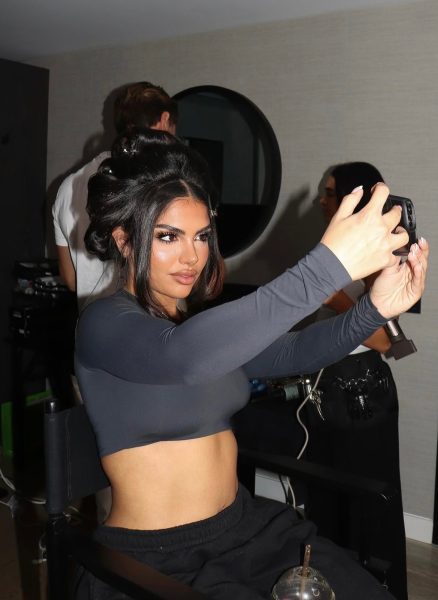
The impact of audience judgement can also linger for actors who are just starting out. Noah Beck, who played Dayton Laney in “Sideline: The QB and Me,” experienced this after his acting debut received mixed reviews. The film follows a high school quarterback torn between the pressure of football and his personal relationships, blending themes of romance and sports drama.
As Beck’s role as Dayton was the one of the leading characters, much of the film’s weight fell on his performance, making audiences hypercritical of how he delivered each scene. Social media users mocked him, with comments comparing his acting to “a middle school play.”
Riley Brinkle, a SAS senior, states, “I don’t think one role should define whether someone is seen as a good or bad actor…its different factors which create the shows and the movies you see and love and that you dislike. You have to give them multiple chances because they’re not playing the same character every single time.”
That single perception stuck, influencing how people viewed him in later projects and even outside of acting. Instead of allowing Beck the chance to grow, audiences froze him in the shadow of one early role.
Brinkle continues, “I think for being his first role he did good, and not everyone is going to be happy with everything you do. It was cringy but I think that was also the point of it. I think starting off as an influencer impacted how fans reacted to his acting.”
At the center of this issue lies a paradox. Harassment and hate toward actors are undeniably harmful, yet the intensity of these reactions often proves the effectiveness of the performance. Mediocre acting rarely provokes such strong emotions. Instead, it is convincing portrayals, whether as a villain, a rival, or a misunderstood romantic lead, that make audiences forget they are watching fiction.
While online hate is never justified, it can serve as an unintentional acknowledgment that the actor created something believable enough to spark genuine emotion. Audiences may never fully separate actors from the characters they portray, but this confusion demonstrates the true power of storytelling.
Hatred directed toward actors like Casalegno in “The Summer I Turned Pretty”, Huda in “Love Island”, or Beck in “Sideline: The QB and Me” reflects not their personal flaws, but their success in making roles feel real.
The real danger emerges when viewers take fiction too seriously and forget the boundary between story and performer. Harassment, trolling, and unfair criticism can discourage actors from taking risks, limit their growth, and even impact their mental health. In the end, the line between performance and personality may always blur, but it is the audience’s responsibility to remember that stories end when the cameras stop rolling.

